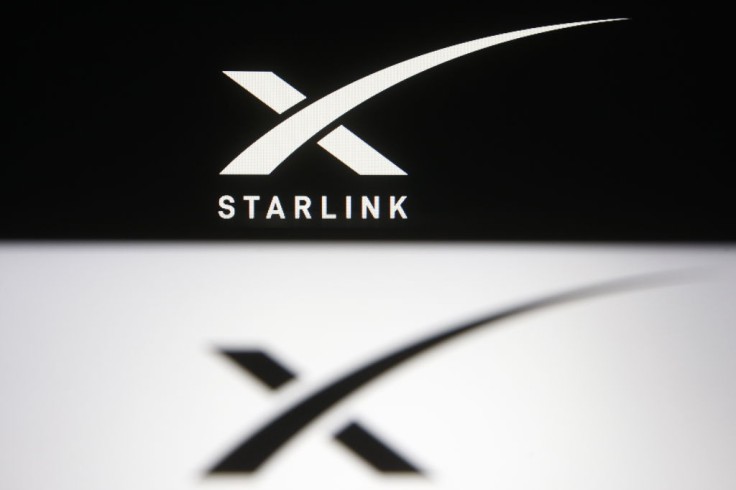
Enormous demand for the SpaceX Starlink satellite internet service have attracted scammers to take advantage of the opportunity.
Unauthorized Iranian websites have purported to offer Starlink's services, enticing local users to place an order for a beta version of the high-speed broadband offering, PC Magazine reported.
A supposed Starlink website presented in the Persian language aimed at Iranian internet users claimed that it could place an order for the beta version of Starlink.
Fake Iranian Starlink Website Asks for Bitcoin as Payment
Users have noticed the site's illicit behavior when the site asked them to pay for the service in Bitcoin. A form would require the user's name, email address, and phone number. The site would then notify the user that it will follow up on the payment method through a separate email.
The site said payments in Iran are to be made "with absolute confidentiality via Bitcoin."
Furthermore, the site's sign-up process is unlike the one provided on Starlink's official website, in which users only need to input their credit card details to place an order. This bogus Starlink website claimed the internet service costs $49 a month, plus $249 for the hardware, which is much lower than what is offered on Starlink's official website that pegs the monthly fee at $99 and $499 for the hardware.
This fake Iranian website even deceived local internet users desperate for high-speed broadband. Because of its satellite-based nature, SpaceX's Starlink promises to provide internet speeds of 50Mbps to 150Mbps to any location in the world--including remote rural areas--without the need of a traditional carrier infrastructure.
Read Also : SpaceX's Starlink Overheating Issue May Be Resolved with Software Update, But Man Just Used Water Sprinkler
Starlink's Ambitious Promise of Internet Access Anywhere in the World
No official announcement has been made on the availability of Starlink services in Iran. SpaceX has touted Starlink as the potential default satellite internet service anywhere in the world. However, it would need government's approval to offer the service locally. It may also enter into partnerships with local providers to ease the service deployment.
In countries that currently offer the service, placing orders through official channels is highly recommended. SpaceX CEO Elon Musk had hinted about third-party partnerships with local telecommunications providers, which will have its own method in securing the satellite internet service. Other than these channels, it would be risky to deal with unscrupulous, shady websites asking for cryptocurrency for the Starlink service.
Starlink aims to provide high speed Internet access to three billion people by 2027. It primarily targets marginalized people residing in remote, far-flung areas without any internet access.
Moreover, as local Iranian website Iran Wire noted, complications in offering the service in the nation could arise given the political implications of Starlink being an American company. These political contingencies would affect the extent to which Iranian users could access the service. Another challenge is the local industry monopolies and state control of content that could impact the deployment.









